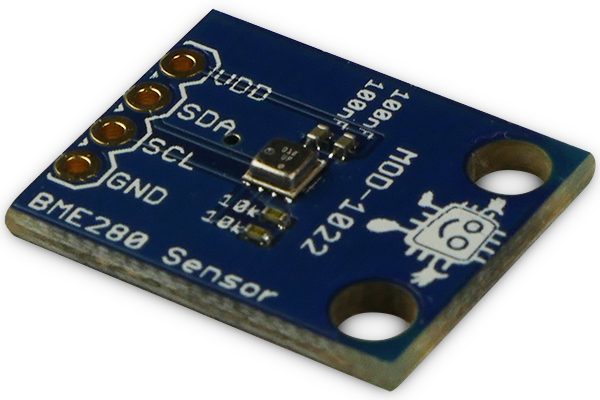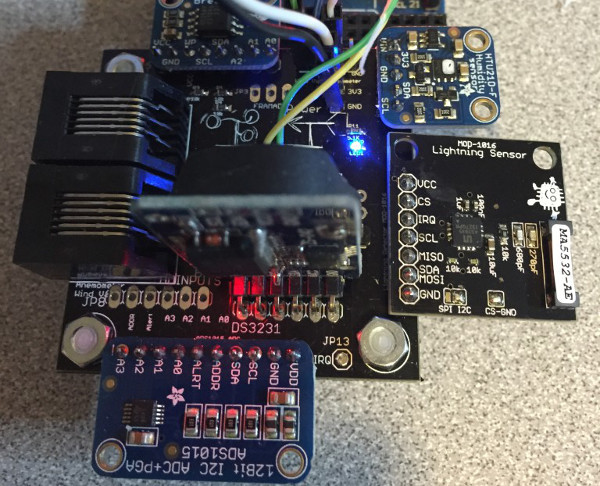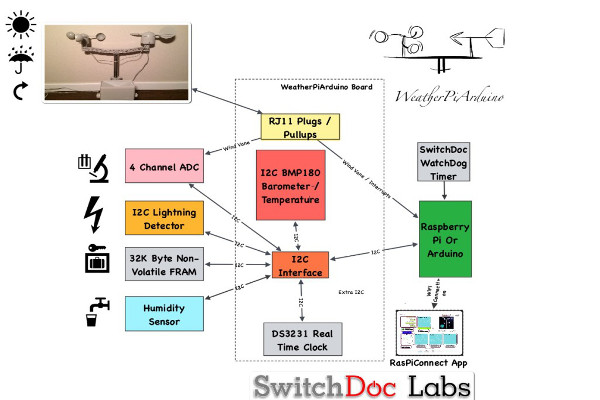Page 1
Since 2010, Embedded Adventures has been providing embedded electronics solutions to hobbyists and companies that needed custom solutions built.
It's been a great journey for us, but the pandemic made it exceptionally difficult to source components at the right prices and supply chain issues meant that we just couldn't fulfil large batches to satisfy our clients.
As such we have stepped away from the hardware side and focussed on more software solutions. We've been working on Quena, which is an AI assistant and AI chat solution, putting Chat GPT in your pocket.
Since we've always had a passion for making the world a more accessable place, we have been working on solutions for live captioning using a platform called CaptionWorks.
And last but not least, in the same vein, if you like reading classic books, we've been turning them into an episodic podcast called Classics Out Loud. We also produce many other podcasts using AI to streamline the delivery process, and even in some cases, voice the actual podcast itself. Turns out this technology has enabled us to turn into one of the world's most advanced podcast production agencies, Pulse Podcasts. As we said, it's been a journey - not quite where we thought we'd end up, but it's sure been a ride.
If you have any need for our embedded solutions, please get in touch and we'll do our best to help you with other manufacturers that can help you.
Thanks for your kind support over the last decade. It's been a blast!
Embedded Adventures Staff.
We love showing off our customers' projects! Embedded Adventurer Steve Spence describes how he made his awesome Arduino based weather station in this video.
We're delighted to have the BME280 based MOD-1022 weather multi-sensor available.

While the picture looks big, it's actually really tiny. In that one chip we have super accurate absolute air pressure (it can measure a 7.5cm difference in altitude, a world-class result), along with temperature (usually required for compensating the pressure measurements) and as a bonus, a pretty solid humidity sensor thrown in as well!
This means with a simple I2C connection (3.3V levels) you can get nice stable measurements and start to make some of your own preductions as to what the weather is going to be like today.
We're really happy with the results so far and have provided full source for using the BME280 with Arudino to get you up and running quickly.
If you're interested in building your own weather station, there are a lot of great sensors available.
Until now though, it's been hard to connect them all to your Arduino or Rasberry Pi.

So we're delighted to point you to SwitchDoc Labs, run by the ineffible Dr John Schovic.
They have put together some great hardware and software to make use of a variety of weather sensors, including our MOD-1016 Lightning Sensor.

The WeatherPiArduino is a great piece of hardware for gathering weather sensor data together. And SwitchDoc Labs also have some great software to run on your Rasberry Pi to collect the sensor data produced by the WeatherPiArduino.
We love LEDs and thought this was very cool!
Read more from one of these interesting news articles:
From Popular Science: Why A Blue LED Is Worth A Nobel Prize; Plus, a little history of making semiconductors glow
Excerpt: "Three scientists have jointly earned the Nobel Prize in physics for their work on blue LEDs, or light-emitting diodes. Why blue in particular? Well, blue was the last -- and most difficult -- advance required to create white LED light. And with white LED light, companies are able to create smartphone and computer screens, as well as light bulbs that last longer and use less electricity than any bulb invented before."
Click on the link for the full story.
From Geek.com: Blue light Nobel Prize has LED inventor seeing red
Excerpt: "Nick Holonyak invented the first visible-spectrum LED in 1962, and the technology quickly revolutionized the world; LEDs changed networking, data storage, data transmission, and more; the impact of LEDs can be seen in everything from your smartphone screen to your fiber internet connection to your next car’s headlights. So, when year after year went by without an all-important Nobel nod to LEDs, some in the industry called foul — against Holonyak’s resistance. He says he long ago put aside any lingering hopes that he would win a Nobel, but never imagined that someone else might get it for the technology he himself invented."
Click on the link for the full story.
